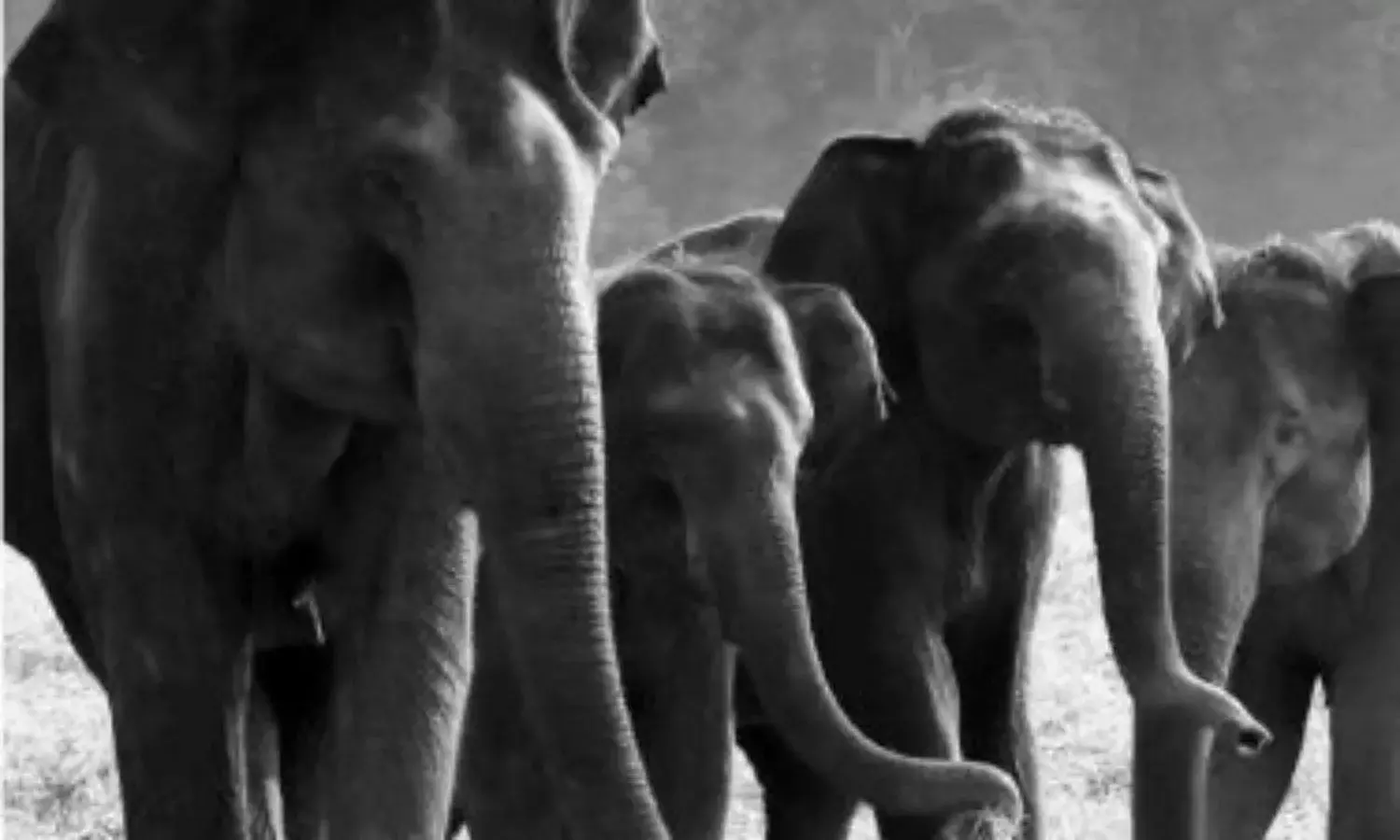India’s First Environmental Magazine Completes 40 Years of Effective Interventions
Soochi Mukhi is edited by SEEK

When John C Jacob, a Professor of Zoology with St Joseph’s College at Devagiri in Kozhikode, resigned from the post in the early 1970s to head the new Department of Zoology at Payyannur College in northern Kerala, nobody thought the decision would mark a new chapter in India’s green activism.
A native of Nattakam near Kottayam in central Kerala, John reached Payyannur as a pioneer in environmental activism across Kerala, and the subsequent years have proved how a teacher turned green warrior can influence and redraw the developmental needs and priorities of a state.
Inspired by the recommendations of the United Nations Conference on Human Environment held at Stockholm, John established India’s first college level Zoological Club at Payyannur College in 1972. He also initiated a green campus initiative in the college, which turned out to be Kerala’s first campus based environment study programme.
When a set of high school teachers and their students in Payyannur and surrounding areas started associating with the club and green campus initiative, the college became the hub of environmentalism, a new phenomenon for the whole state and even many parts of the country. Except for the Bombay Natural History Society, the nation lacked any major environmental organisation the time.
During December 1977, John conducted Kerala’s first nature experience camp for interested students, teachers and social workers at Ezhimala, the present base of the Naval Academy in Kannur.
The camp which lasted for three days was also attended by noted ornithologist K.K. Neelakandan and environmental expert M.K. Prasad; they stressed the need for an environmental magazine that could help build up the Silent Valley Movement, Kerala’s first major environmental initiative against a hydropower project planned across the Kunthi river at Sairandhri in Palakkad, destroying the crucial habitat of endangered lion tailed macaques.
So began preparations for the launch of Soochi Mukhi, India’s first environmental magazine. A monthly mini-magazine in Malayalam without any advertisement that survives purely on annual subscription, Soochi Mukhi was started in 1980 and it now enters its fortieth year of existence.
The modest magazine edited by members of the Society for Environmental Education Kerala (SEEK), founded by John, was a crucial factor in making the Silent Valley Movement a big success.
Over the years it became the voice for all environmental concerns in Kerala, including the genetic disorders in Kasargod caused by endosulphan, and the plundering of water resources by drinks major Coca Cola.
The magazine has also become a rallying point for those who succeeded in forcing the state government to abandon major projects like the Peringome atomic energy plant, the Cheemeni thermal power plant, a mining project at Madayipara and the Pathrakkadavu hydel project in Palakkad, citing the huge environmental costs involved to society.
“Though John left SEEK in 1986, we decided to continue with the publication. Copies are few, but they reach the opinion makers, and they influence Kerala’s development priorities in a significant way. Nobody can ignore this magazine,’’ says its present editor, T.P. Padmanabhan.
John died on October 11, 2008, leaving behind a rich legacy of conservation and environmental education.
According to V.C. Balakrishnan, the driving force behind SEEK, the magazine aims at grassroots-level environmental education targeting ordinary people. “We interpret scholarly works in ordinary language to help people grasp and act in favour of nature,’’ he explains.
Apart from bringing out Soochi Mukhi, SEEK also conducts nature education camps, student training, teacher training, eco-system studies and mangrove forest conservation work.
Though the magazine and the people behind it initially faced the wrath of government and political parties, the whole of Kerala stood with them and a new environmental sensibility started gaining ground. The government itself had honoured John with its Vanamitra award and Harita Puraskaram.
The magazine also introduced a number of environmental crusaders from around the world to Kerala; they include Masanobu Fukuoka, Rachel Carson, Jean Giano and Thore Rohwerder.
It also initiated large discussions in Kerala on major environmental disasters like the Chernobyl nuclear tragedy and the Bhopal gas tragedy. It helped mount public opinion on the Narmada, Tehri and Niyamgiri issues.



